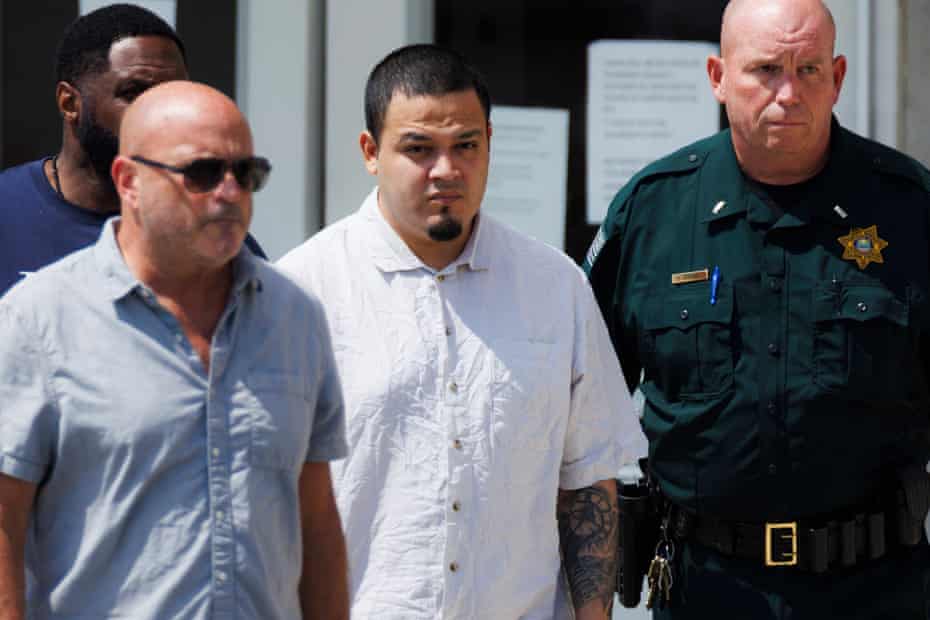US immigration authorities have said they intend to deport Kilmar Ábrego García to Uganda, after the Salvadorian national declined an offer to be sent to Costa Rica in exchange for pleading guilty to human smuggling charges and remaining in jail.
The proposal was made late on Thursday, shortly before Ábrego’s release from a Tennessee jail the following day. He refused the deal and was freed on Friday to await trial in Maryland with his family. Later that day, the Department of Homeland Security (DHS) informed his lawyers that he would be deported to Uganda and must report to immigration authorities on Monday.
According to official documents, DHS told his attorneys that Ábrego “may be removed … to Uganda no earlier than 72 hours from now (absent weekends)”. Immigration and Customs Enforcement also ordered him to report to its Baltimore office.
Ábrego, 30, entered the US without permission in 2011 as a teenager, fleeing gang violence in El Salvador. He was granted federal protection against deportation to his home country. In March, however, he was deported to El Salvador in what the Trump administration later admitted was an “administrative error”.
During his detention at El Salvador’s maximum-security Terrorism Confinement Centre (Cecot), he was allegedly subjected to physical and psychological torture, according to filings submitted by his lawyers. The wrongful deportation prompted criticism and pressure on Washington to return him, including a supreme court order directing federal officials to facilitate his return.
He was brought back to the US in June, but was then charged with human smuggling offences, allegations his lawyers have described as “preposterous”. His trial is scheduled for January.
Ábrego, who had lived in Maryland for more than a decade working in construction and is married to an American citizen, was deemed eligible for pretrial release but remained in custody at his lawyers’ request. They feared he would be deported again immediately if freed, though a recent ruling in Maryland provided him with some protection to mount a defence.
Separately, Uganda confirmed this week that it had agreed to a temporary arrangement with the US to accept certain asylum seekers.
Bagiire Vincent Waiswa, permanent secretary at Uganda’s foreign ministry, said: “The agreement is in respect of third country nationals who may not be granted asylum in the United States but are reluctant to or may have concerns about returning to their countries of origin.”
He added that individuals with criminal records and unaccompanied minors would not be accepted, and that Uganda preferred transfers of nationals from African countries. Detailed modalities of the deal are still under discussion.



